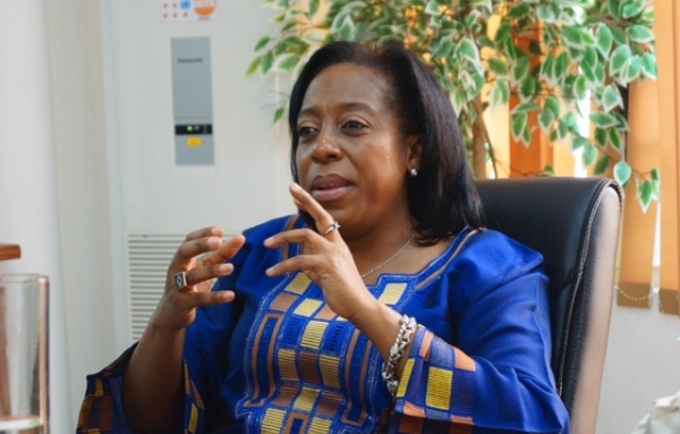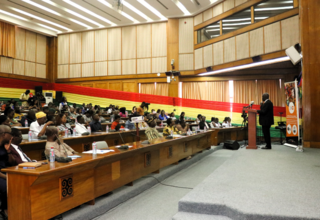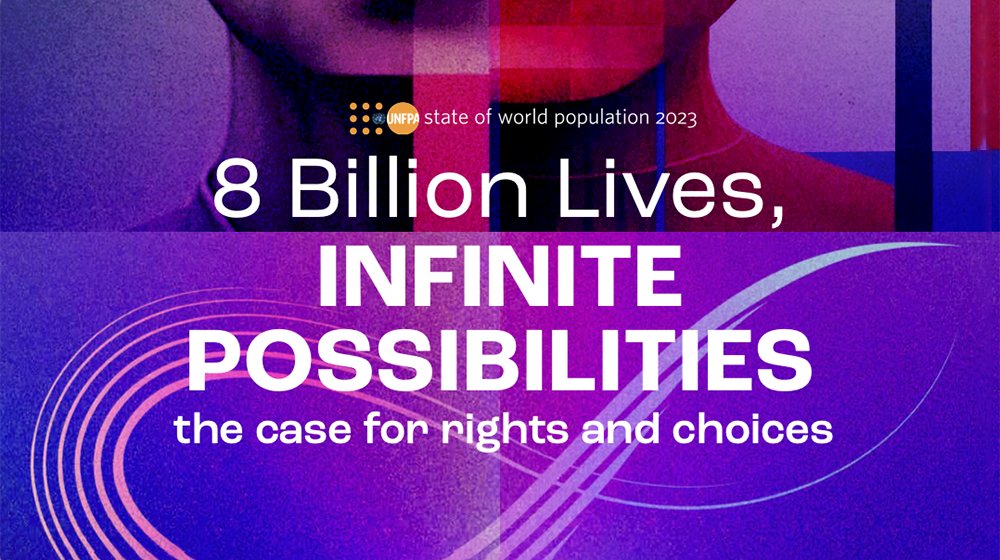From the week starting April 7, 2014, the 47th session of the United Nations Conference on Population and Development (UNCPD) will be held at the UN headquarters in New York.
During the week, representatives of governments, civil society and young people will assess the implementation of the Programme of Action (PoA) of the International Conference on Population and Development (ICPD) held 20 years ago in Cairo, Egypt.
Ghana delegation
A delegation from Ghana, led by the National Population Council (NPC), will be involved in the discussions, which will centre on whether the ICPD remains relevant in the next global development agenda.
The theme for the conference is “Review of 20 years of implementation of ICPD and how to ensure population concerns are integrated into the next global programme of development.”
The UNCPD will be preceeded by a number of events, including a ‘High-Level Interactive Debate on the ICPD Beyond 2014 and Human Progress and Sustainability’ during which Prof. Fred Sai, Chairman, ICPD Conference, Cairo, 1994 and Nana Oye Lithur, Ghana’s Minister of Gender, Children and Social Protection will be making key statements.
A ‘Global Leadership Retreat on the ICPD Agenda’ is another scheduled pre-conference event.
Pre-departure meeting
At a pre-departure meeting with the Ghanaian delegation, Ms Dennia Gayle, acting country representative of the United Nations Population Fund (UNFPA), said this year’s UNCPD was significant, following on the heel of the commemoration of 20 years of the the ICPD Programme of Action.
She said UNPFA was pleased to support some of the delegates who were attending the conference and exhorted them to keenly participate in the discussion and bring the interest of the country to bear on the outcome.
UN Secretary-General’s report
Presenting the UN Secretary General’s report on the review of the ICPD, Ms Gayle said there was overwhelming evidence that the ICPD was still needed because after 20 years of implementation, “we are still seeing issues”. She noted that many countries had done a great job, but there were still issues. “The numbers tell a story and there is a face to those numbers,” she added.
Ms Gayle cited that the review showed that inequalities in wealth and income were increasing and empowerment of women and gender equality remain unfulfilled.
Furthermore, lifelong learning and building human capabilities warrants substantial investment, especially for young people.
According to Ms Gayle, contraceptive prevalence rate was still low and cited Ghana as an example where the contraceptive rate rose from 17 per cent to 32 per cent over a long period.
“As you participate in the conference just ask yourselves, ‘After 20 years, what do we have to commit to differently to get to our goal’,” she exhorted the Ghanaian delegates.
Ghana report on ICPD Beyond 2014
Ms Esther Cofie of the NPC who presented Ghana’s report on the’ ICPD beyond 2014’, said the country had advanced in tackling population issues following the adoption of the ICPD Programme of Action.
She said population issues had been integrated in development efforts and the Ghana shared growth and development agenda, 2010-2013 was highly oriented towards ICPD goals.
Ms Cofie emphasized that substantial work was however required for accelerated progress.
Issues captured in the report, she said were the country’s commitment to global and regional agreement, population, sustained economic growth and sustainable development, population growth and structure, gender equality and women’s empowerment.
Others are family composition and changing structure, maternal health, reproductive rights and reproductive health, HIV & AIDS, malaria, TB and other communicable diseases, and Population Distribution Urbanization and Internal Migration
The rest, Ms Cofie said were international migration and development, education, crisis situation and emergency preparedness, resource mobilisation partnerships and co-ordination.
She noted that though significant successes had been chalked up in all those areas, there also challenges that needed to be addressed.
Recommendations
Ms Cofie said the report recommended significant lessons that would influence future actions.
Key issues that the lessons exposed included treatment of population in the development policy frameworks, institutional set-up and capacity for integrating population into national development frameworks, management of information and knowledge base for evidence-based decision-making and institutionalizing research monitoring and evaluation.
Other issues are sustained advocacy and awareness creation among national and district policy and decision-makers for functional integration of population into development planning processes and creation of budget lines for population programmes at all levels, as well as the development of policies and strategies to make optimum use of development assistance.
Writer’s E-mail: rosemary.ardayfio@graphic.com.gh
Source: Daily Graphic




